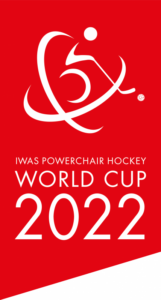Officials
We would like to introduce you to the IPCH Officials a bunch of people committed to making this World Championship successful and professional.
Referees
During every game, two referees make sure everyone plays by the rules on the field. They constantly need to communicate with each other and make sure they position and move correctly to keep the game under control.
Their job is to ensure the game can continue smoothly and fair, setting and adjusting the tolerance level in the matches. Of course, they penalize players when necessary, but will try to warn them first. They also communicate with the match table. The third referee is called Reserve Referee, he is responsible for what happens next to the field. He checks the chairs of substitutes who are about to enter the field and ensures all playing team members behave well. The Reserve Referee is also ready to jump into the game if a colleague gets injured.
Prior to games, referees also check if the players’ equipment (powerchairs, T-sticks, handsticks, etc.) is compliant to the rules.
There is so much more our Referees have to handle in and out of the field so let’s show some appreciation to these fantastic people!

Davor Matijasevic
Slovenia
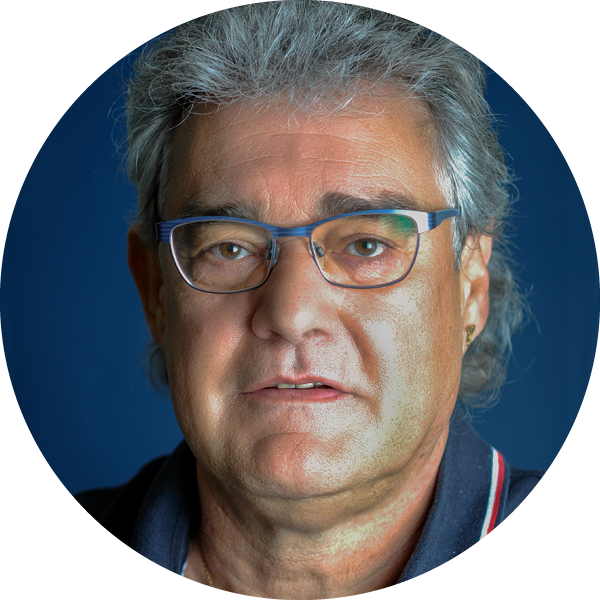
Michael Rosche
Switzerland

Ilkka Siiki
Finland
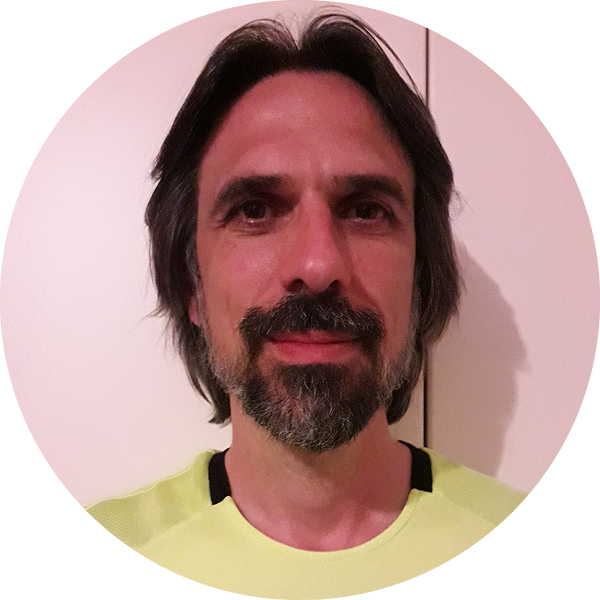
Fabrizio Iotti
Italy

Kristoffer Stormark
Denmark

Kimmo Virtanen
Finland

Matthias Vanhove
Belgium

Mika Laakso
Finland
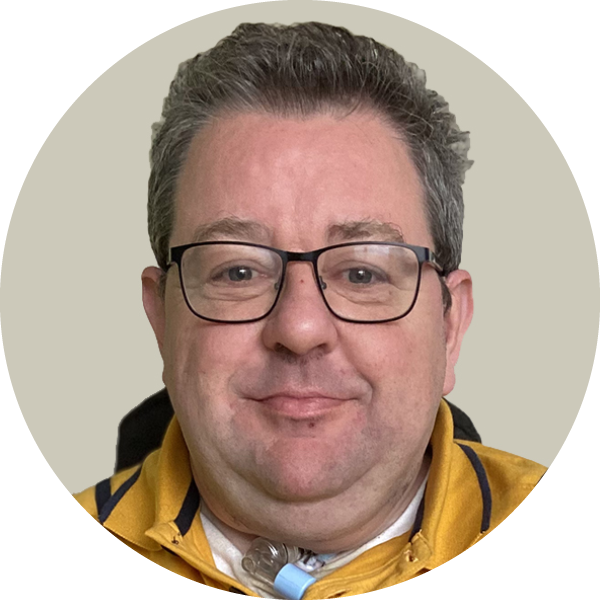
Pieter Borgers
Netherlands
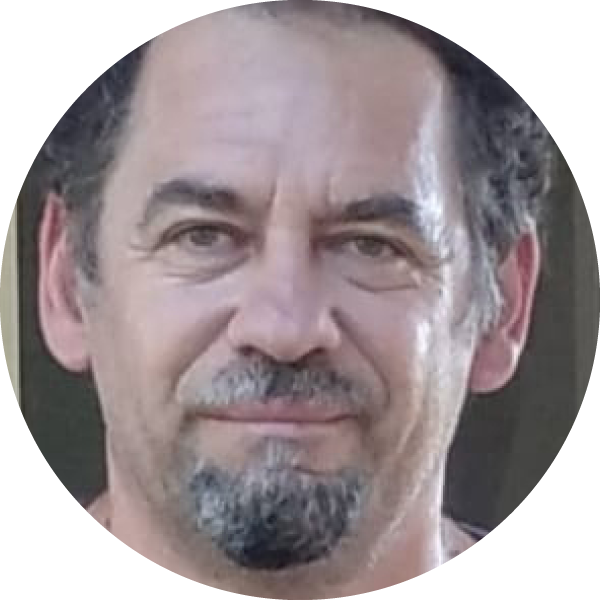
Fabrizio Imparato
Italy

Marco Kach
Switzerland
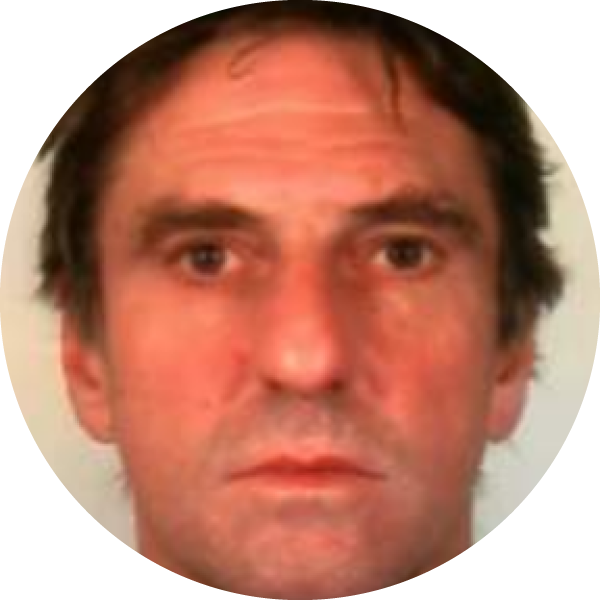
Gerhard Menz
Germany
Referees’ Observer
Referee Observers have the specific task to observe the referees during an official competition.
The referee observer accompanies the referee team throughout the competition.
During each match, an observer is on duty with the task of observing the referees on the field and their performance. Observers are there to take notes of the referee’s actions, gestures, game management skills, position and moving on the field, overall attitude, etc.
Referee Observers are not there to evaluate or verify if the decisions taken on the field by the referees are right or wrong but to support the ongoing growth of each of the appointed referees on the field, supporting them to help them improve their skills and performance for the best of the sport.
After each game, the Referee Observer meets with the referees to discuss the game, listen to how the referees feel about their performance, and give insight and advice about possible improvements or specific situations.
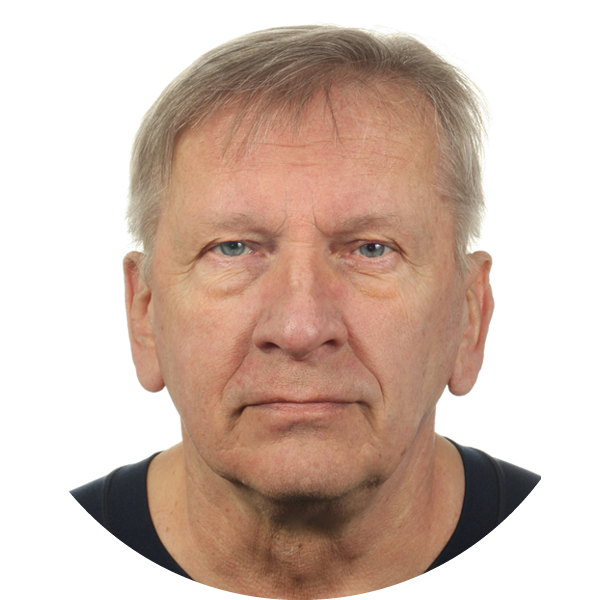
Lauri Oksanen
Finland
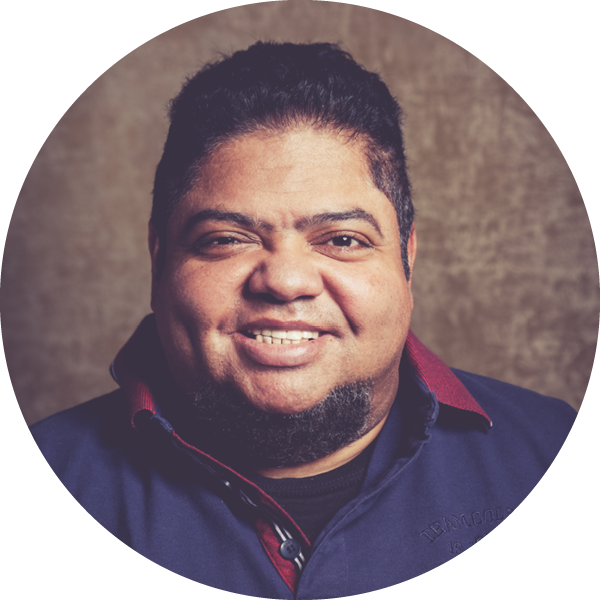
Henry Acquah
Germany

Inge de Zwart
Netherlands
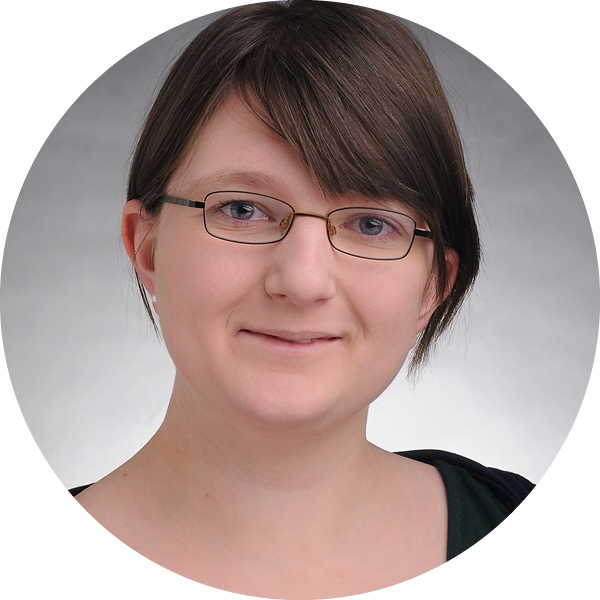
Ricarda Corina Hess
Switzerland
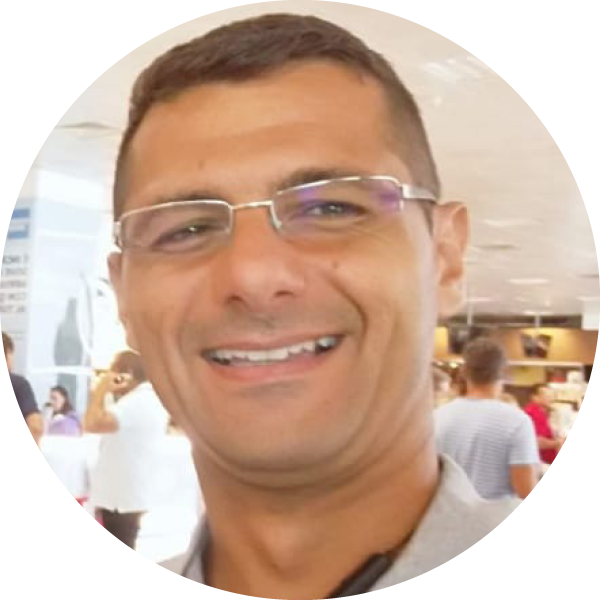
Gaetano Glorioso
Italy
Jury Members
Jury Members may not always be very visible, but they play many key roles during an official competition.
During the Control Days, Jury Members ensure everything goes well, check the documents and the final list of all participating teams, make sure all classification documents have been received and signed properly and they assist referees during equipment and speed controls.
During the match days, Jury members are the ones making sure the whole competition runs smoothly and according to the competition regulations. Jury Members do supervise the match table and the match secretariat, they handle the speed control, and the class point calculator and they take care of protests during the whole competition.
After a game, Jury Members are also responsible to decide the punishment due to behavioral issues or as a result of a Match Penalty 2.
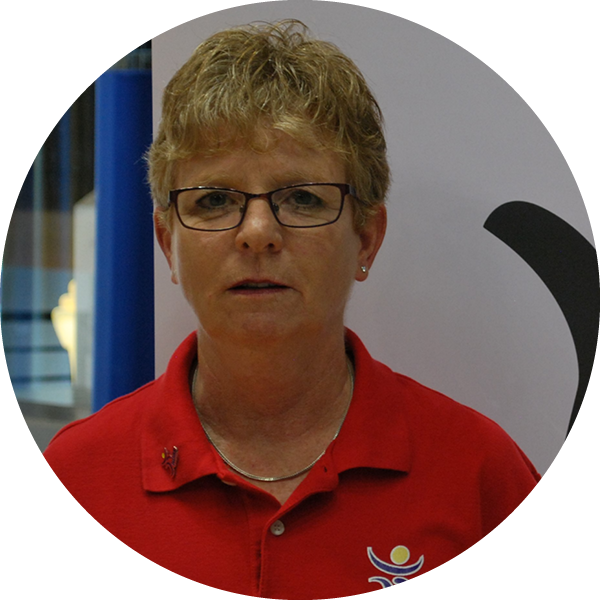
Dorte Berenth
Denmark

Celine Pernechele
Italy
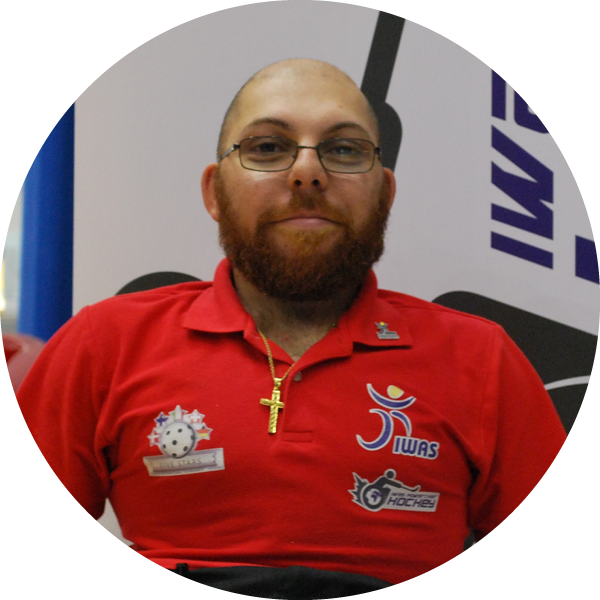
Ralph Hasna
Australia
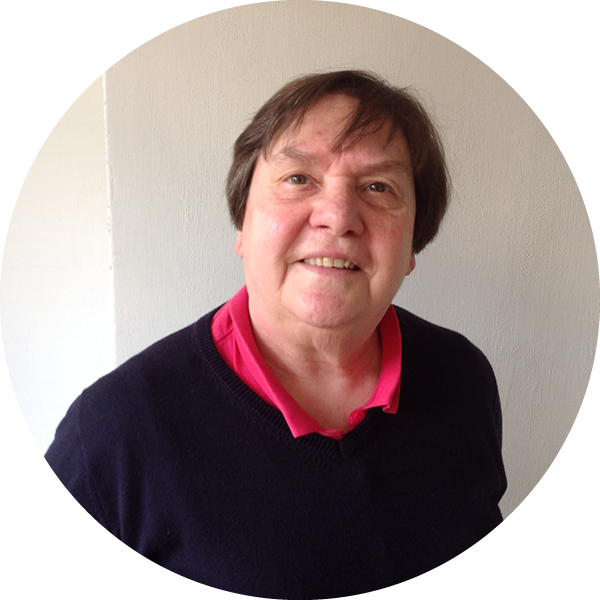
Marjan de Ridder
Netherlands

Jeroen Kemp-Pals
Netherlands

Peter Jessen
Denmark
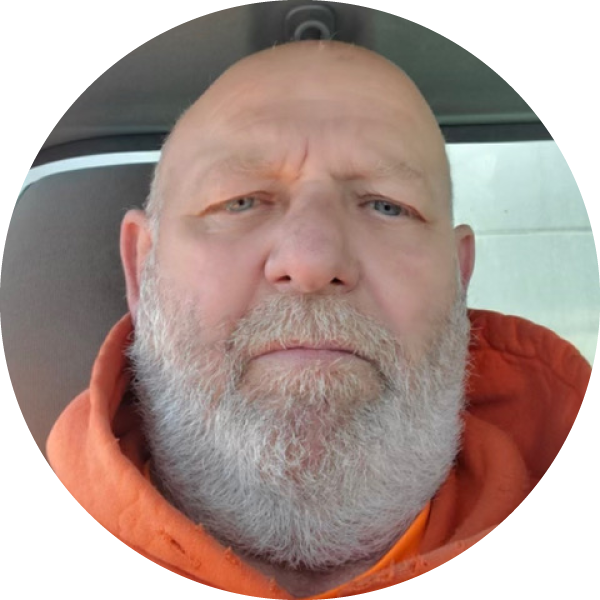
Paul O’Leary
Canada
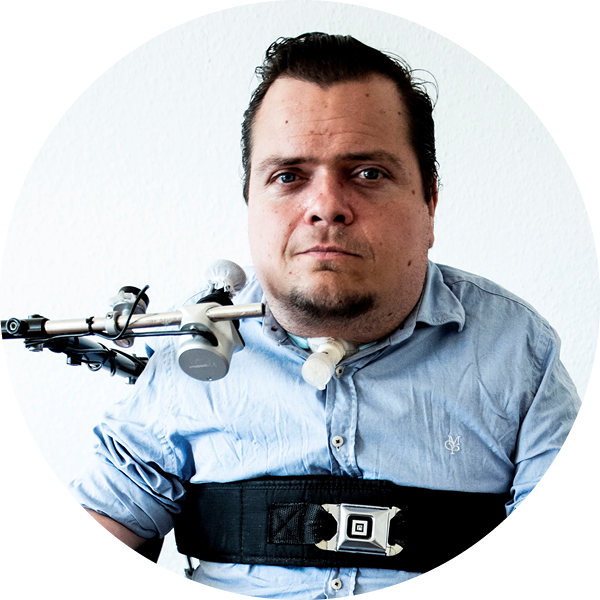
Patrick Anders
Germany

Mika Saastamoinen
Finland
Classifiers
IPCH Classifiers ensure fair competition by conducting Physical and Technical assessments and sport-specific tests on all athletes who participate in International Competitions.
Classification defines who is eligible to compete in Para sport and groups Athletes into Sports Classes that aim to ensure that the impact of Impairment is minimized, so that sporting excellence and talent determine which team is ultimately victorious.
Classifiers are certified health professionals, such as a physician or physiotherapist, people who have extensive coaching or another relevant background in the sport; or a recognized and reputable academic qualification.
Classification normally takes place before the competition starts and it is composed of Physical Assessment and Technical Assessment. After these first 2 stages, each player is given an “Entry Class” which will be monitored and further assessed with the “In Competition Observation Assessment”.
Classification is a very specific and difficult field in which there is still room for improvement. This is why the IPCH Classification Committee is constantly making sure the procedure is as accurate and fair as possible.
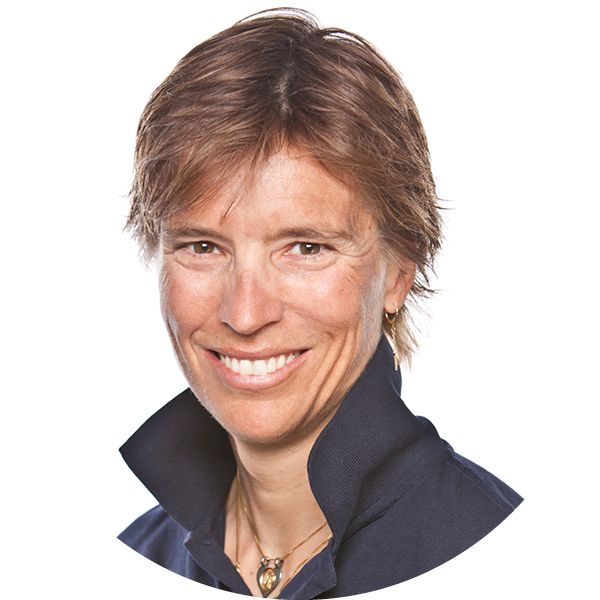
Isabelle Pulver
Switzerland
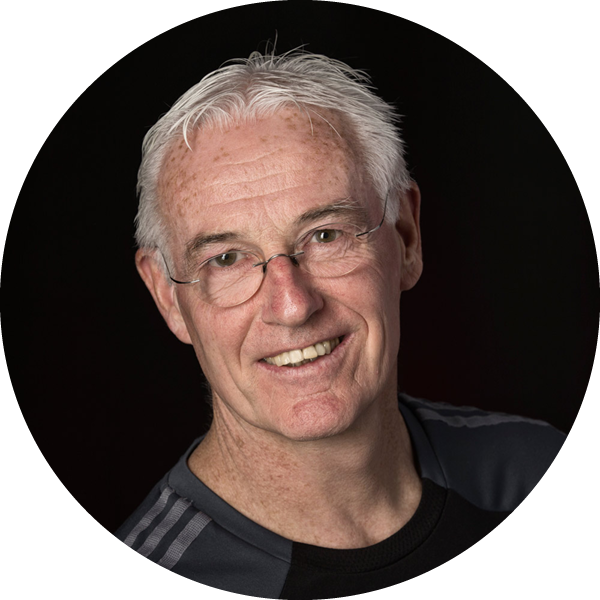
Kees van Breukelen
Netherlands
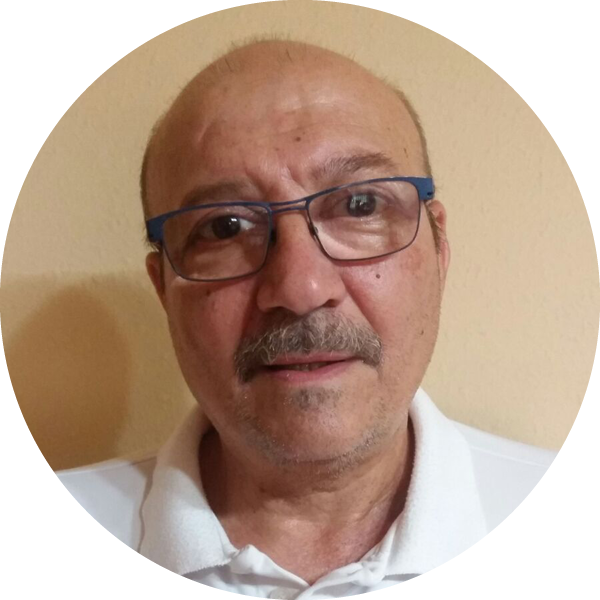
Alvaro Daza
Spain
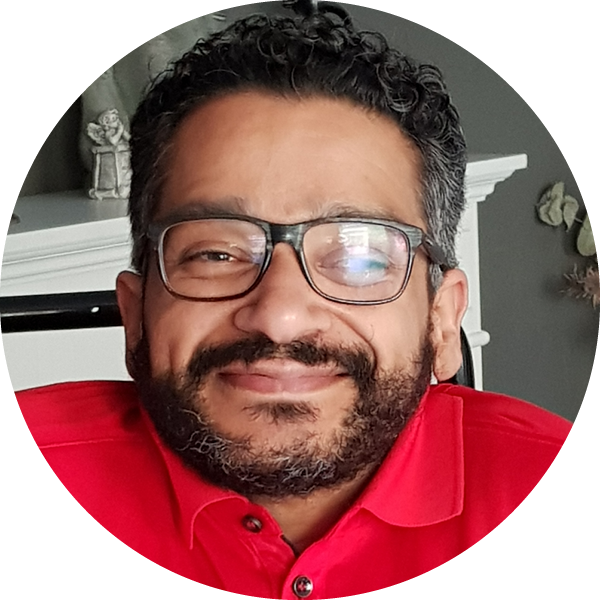
Kamal Tahtahi
Netherlands

Hannu Kapanen
Finland

Anna Tran
Australia
Technical delegates
Technical delegates play a very important role in ensuring the Local Organizing Committee (LOC) of an official IPCH competition delivers an excellent and professional tournament according to the rules.
The job of a Technical Delegates starts a little less than 2 years before each competition. They have frequent meetings with the LOC to ensure the planning and preparation are going according to plan so no surprises emerge close to the event.
A technical delegate is an important bridge between LOC and IPCH. On one side he is very useful to the LOC to answer questions, offer help and give advice. On the other side, he has to update IPCH and IWAS about all current developments.
Technical Delegates are appointed by the Sports Executive Committee and they have the ultimate responsibility for the competition and all the happenings.

Anna Rossi
Italy
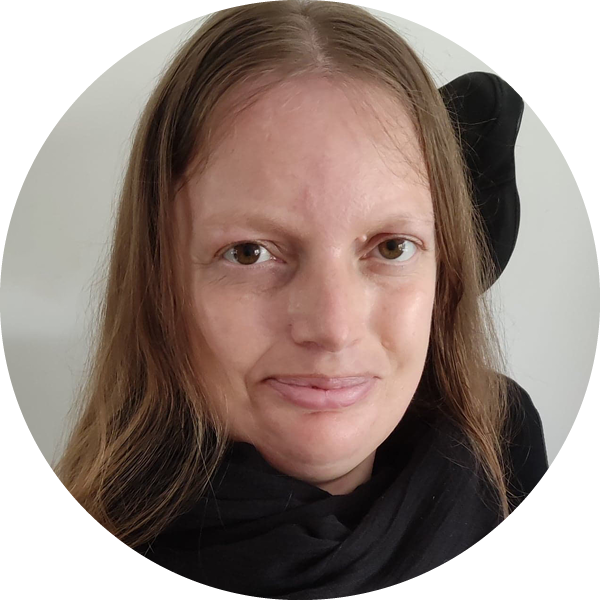
Aina Budde
Denmark
